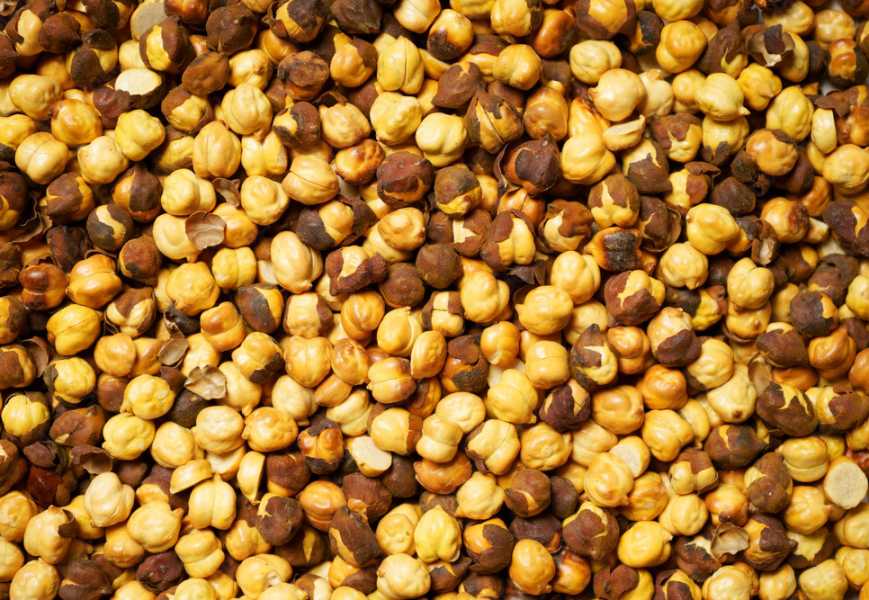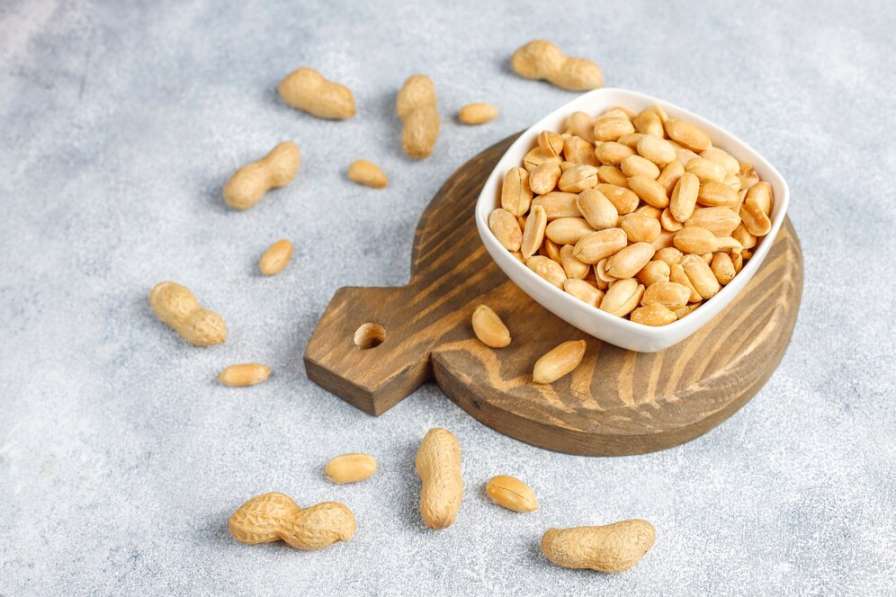Indian vegetarian protein sources
Indian vegetarian protein sources: One common issue regarding vegetarians is a lack of protein. However, vegans can obtain protein from a variety of plant sources, some of which may be superior to others.
The vegan diet has been linked to multiple health benefits, including increased nutritional intake, weight loss, and a lower risk of various health conditions. Indeed, many experts agree that a well-planned vegan diet can contain all of the nutrients you require, including protein.
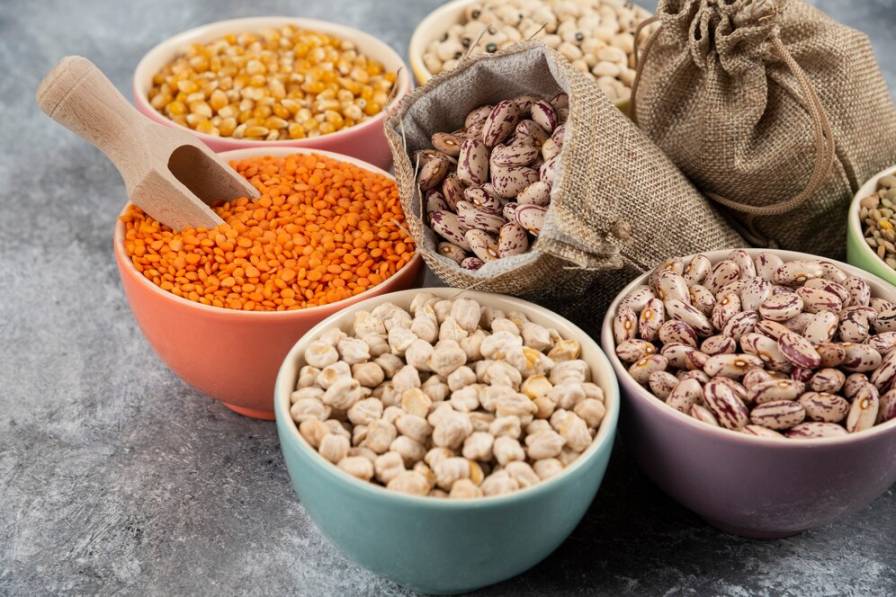
- Certain plant foods, on the other hand, contain far more protein than others, and research shows that higher-protein diets can improve muscular strength, feelings of fullness, and weight reduction.
- Furthermore, while well-planned vegan diets based mostly on minimally processed foods are considered healthy for all stages of life,
- Vegan diets that are poorly planned or highly processed may increase your chances of developing dietary deficiencies, especially in vitamin B12, iodine, iron, calcium, zinc, and long-chain omega-3s.
- The following plant foods have a high protein content per serving: However, visit your doctor to determine whether you might benefit from supplements and fortified meals to make up any nutritional gaps.
How much protein do you need every day?
- As part of a 2,000-calorie diet, the FDA recommends that individuals consume 50 grams of protein each day. Depending on their calorie intake, a person’s daily value may be higher or lower.
- Many factors, such as activity level, weight, height, and pregnancy status, might influence how much protein a person requires.
- Other factors to consider are the quantity of amino acids found in various protein sources and the digestibility of certain amino acids.
- Protein contains calories. Protein and carbs, on average, have 4 calories per grams.
What is protein?
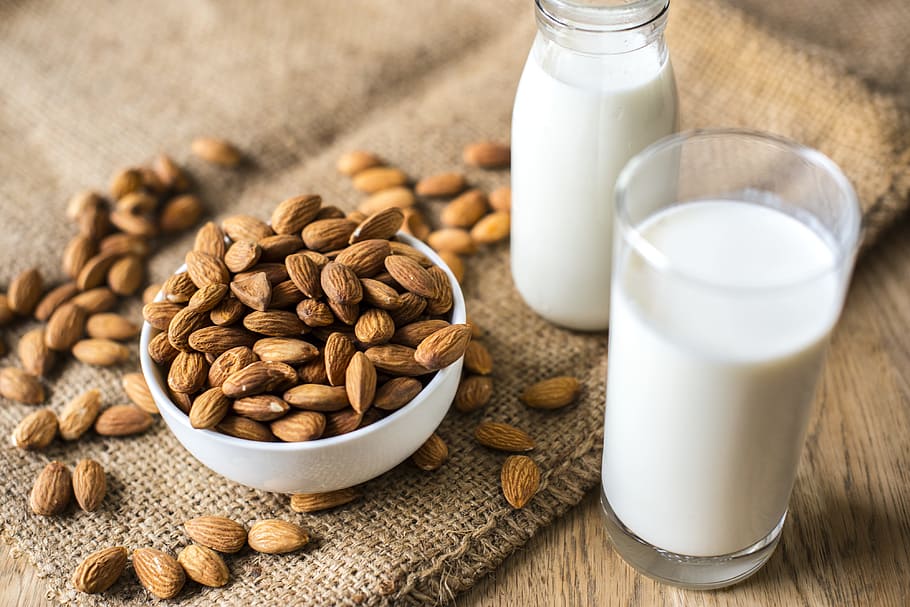
- There are three types of macronutrients: carbohydrates, protein, and fat. Macronutrients are nutrients that the body requires in higher quantities than other nutrients. Protein is one of three macronutrients
- Protein is made up of amino acid chains. There are a total of 20 amino acids. The specific arrangement of amino acids in each protein determines its structure and function.
- We require only 9 amino acids. The human body cannot synthesise nine essential amino acids; hence, they must be obtained through diet.
- Proteins can be completed or incomplete. Complete proteins contain all of the necessary amino acids. Complete proteins include animal products, soy, and quinoa.
- Incomplete proteins are those that lack nine necessary amino acids.
- People can make a meal that contains all the required amino acids by combining inadequate protein sources. Rice and beans are two examples.
Among the 20 amino acids, nine are important to obtain from diet
- histidine
- isoleucine
- leucine
- lysine
- methionine
- phenylalanine
- threonine
- tryptophan
- valine
Nonessential amino acids that the body produces itself:
- alanine
- arginine
- asparagine
- aspartic acid
- cysteine
- glutamic acid
- glutamine
- glycine
- proline
- serine
- tyrosine
What role does protein play in the body?
Protein is found in every cell of the body, and proper protein consumption is essential for maintaining the health of the muscles, bones, and tissues.
Protein is involved in a variety of biological activities, including:
- blood clotting
- fluid balance
- immune system responses
- vision
- hormones
- enzymes
- Protein is essential for growth and development, particularly in childhood, adolescence, and pregnancy.
Vegetarian Protein-Rich Foods:
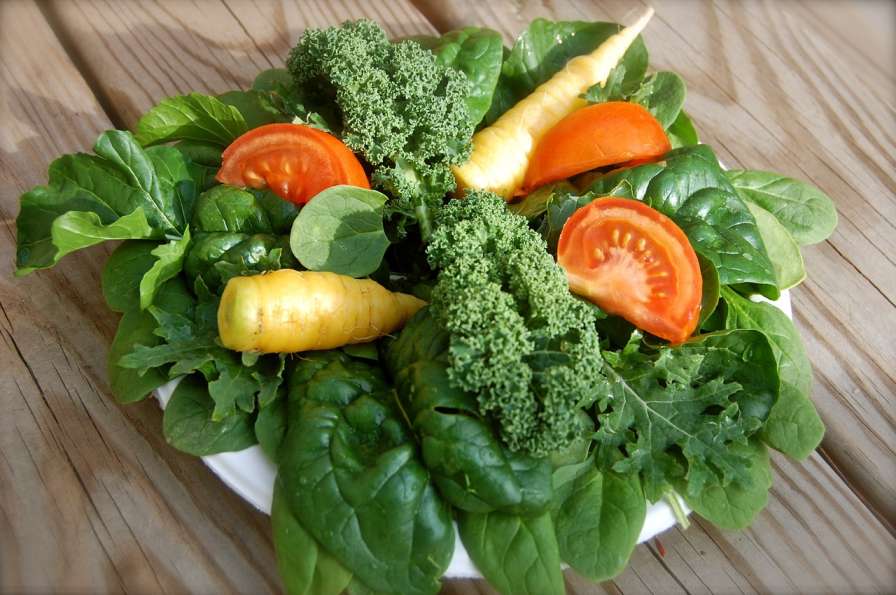
1. Lentils
- Lentils, commonly known as daal, are a common ingredient in Indian cuisine. Lentils offer roughly 18 g of protein per cup, making them a great source of vegetarian protein.
- Lentils, in addition to protein, have a high fibre content, which can aid in the maintenance of healthy flora in the stomach. There is some evidence that frequent lentil consumption may lessen the risk of developing heart disease and cancer. However, a tiny percentage of people who take lentils on a regular basis may experience excessive flatulence. This is not unique to lentils but is common in a high-protein diet.
- Lentils also have high levels of antioxidants and minerals, which can help protect cells. Make sure you eat a cup of lentils every day to get your protein fix.
2. legumes
- Legumes are bean kinds such as kidney beans, black beans, chickpeas, and others that are commonly regarded as a protein powerhouse. Chickpeas have about 15 g of protein per serving and a variety of other nutrients and minerals that can help you stay healthy, strong, and fit. Clinical investigations have also discovered that eating legumes on a daily basis can help maintain cholesterol levels.
- Roasted chickpeas and other legumes are delicious in salads or in low-fat, low-salt curries.
- Beans like kidney, black, pinto, and most other kinds are important staple foods in many cultures and have a high protein content per serving. . Chickpeas are also included.
- They’re also high in complex carbohydrates, fibre, iron, folate, phosphorus, potassium, manganese, and a variety of beneficial plant components.
- Furthermore, research shows that eating beans and other legumes can help lower cholesterol, regulate blood sugar, improve blood pressure, and even reduce belly fat.
3. Nuts
- Nuts are considered superfoods. If you want to follow a good vegetarian protein diet, consider adding nuts to the meal. Nuts like pistachios, almonds and cashew nuts are high in protein and are always featured in the protein foods and vegetables list.
- A daily serving of 20 to 25 whole almonds provides around 6 g of protein. However, this can be a lot to eat in one sitting, and a handful of mixed nuts per day can provide your body with the protein it needs. Not only that, but nuts are also high in dietary fibre and vitamin E.
- If you’re seeking a heart-healthy snack and a protein-rich food for vegetarians, add nuts to your regular diet. However, limit your salt consumption and avoid eating salted nuts.
4. Oats
- Oats are without a doubt superfoods. Not only are they high in protein, but they are also high in soluble fibre and have been clinically proven to lower cholesterol and lessen the chance of developing heart disease.
- A tiny cup of oats contains roughly 6 g of protein and a quarter of your daily fibre needs. Because of their high fibre content and low glycemic index, they also help manage blood sugar levels.
- Avoid masala oats and ready meals because they include more salt and may not provide the healthy start to the day that you are hoping for.
- Instead, have ordinary oats with milk and a tablespoon of honey sprinkled with almonds. You may even mix in some chopped fruit. A cup of oats in the morning is an excellent way to start your day.
5. Milk
- Do you drink milk on a regular basis? If you do, you will almost certainly pass your protein test.
- Milk, in addition to being a fantastic source of protein, is high in calcium, which promotes bone health, strong teeth, a healthy immune system, and bright skin.
- Avoid full-fat variants in favour of skimmed varieties fortified with vitamin D, which make the most of the protein in milk.
6. Matar (Green Peas)
- There are few veggies that are as high in protein. You can get protein and fibre from frozen green peas as well.
- Pick up the bag and inspect the frozen peas; if you can feel them, they’re okay to go.
- To increase your protein intake, try Matar Paneer.
7. Roasted chickpeas (chana)
- Roasted Chickpeas (chana) are a wonderful source of plant-based protein, making them an excellent diet for vegetarians.
- A 1-cup portion has around 14.5 grammes of protein, which is equivalent to the protein composition of foods such as black beans and lentils.
- Chickpea protein may help you feel full and control your appetite. Protein is also associated with weight loss, bone health, and muscle strength.
- According to several studies, the protein quality of chickpeas is superior to that of other forms of legumes. This is due to the fact that chickpeas contain all of the essential amino acids except methionine.
8. Soybean
- If you’re a vegetarian or vegan, it might be difficult to get enough of this vital fuel for your body, especially if you’re an athlete or very active.
- Soybean, commonly known as soya bean, can be beneficial. Soy, unlike most plant proteins, has all nine essential amino acids required for muscle and bone function. Because your body cannot produce those molecules on its own.
- Soybeans are one of the best plant-based protein sources.
- One cup (172 g) of roasted soybeans has approximately 31 g of protein.
- Soy protein has a great nutritional value.
- Soy protein consumption has been associated to a slight reduction in cholesterol levels.
9. Avocado
- Avocado is a North American fruit that has acquired recognition as a superfood due to its high nutritional value, both in terms of macronutrients and vitamins and minerals.
- Despite its origins in Mexican cuisine, avocado is quickly becoming a protein-rich vegetarian diet for bodybuilding and fitness routines.
- Avocados can be eaten raw, sliced up, or added to salads and other dishes.
10. Seeds
- Seeds add crunch as well as protein to your diet.
- Sesame seeds, sunflower seeds, pumpkin seeds, and poppy seeds are all abundant in protein and good fats.
- Aside from salads, they can be added to raita, cereal, or homemade dishes.
11. Tempeh, tofu, and edamame
- Iron, calcium, and 12–20 g of protein per (100 g) serving are all found in tempeh and edamame.
- Edamame is also high in folate, vitamin K, and fibre, which can aid digestion and regularity.
- Tempeh, on the other hand, contains probiotics, B vitamins, and minerals like magnesium and phosphorus.
Conclusion
Proteins are primarily made up of amino acid building blocks. Amino acids are necessary for cell growth and development throughout our lifetimes. Proteins are the building blocks of not just our major organs but also our skin, hair, and a variety of other vital body parts. We may lose muscle strength and mass, as well as become weaker, if we consume less protein. A high protein intake often helps in the recovery of patients suffering from a medical condition

